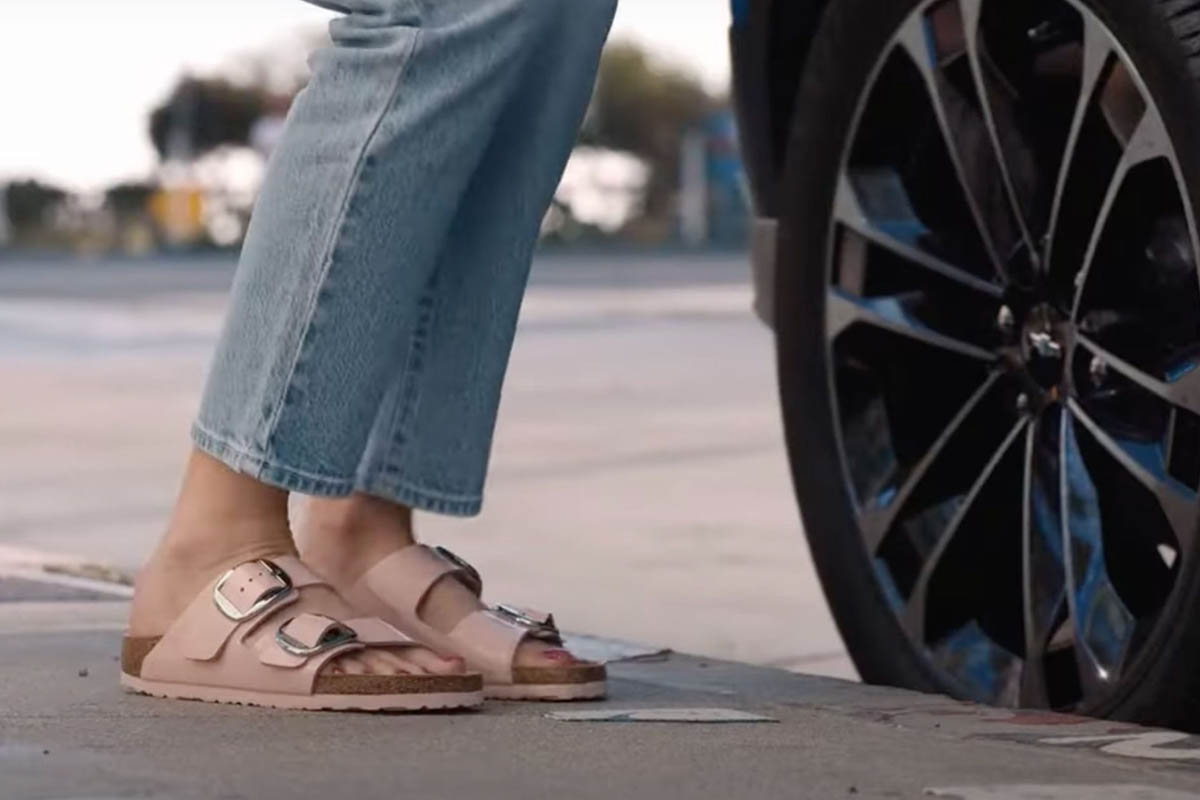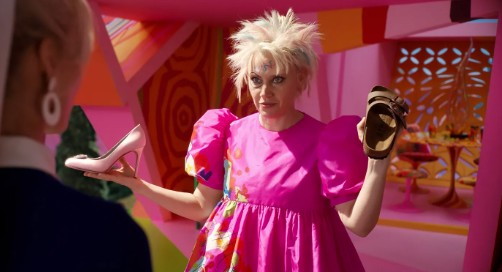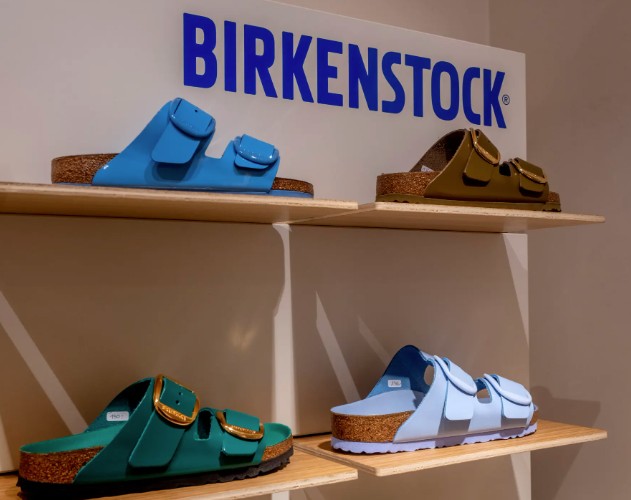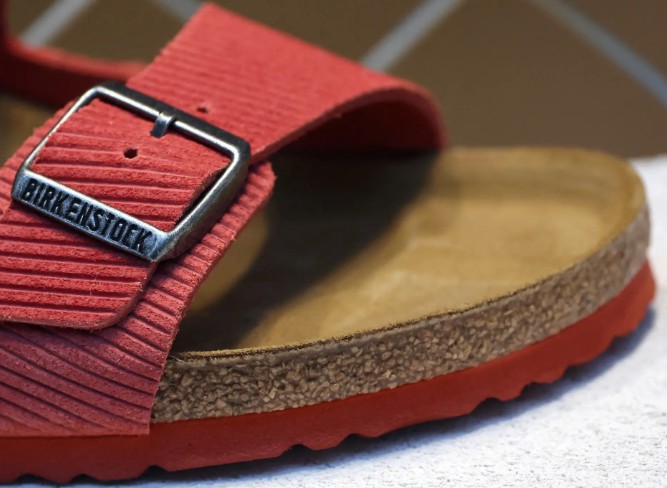Birkenstocks: Iconic Fashion or Just Another Shoe? What the German Court Ruling Means for Business & Branding
Key Points
-
Birkinstock Merges Luxury & Comfort – This unexpected fusion of Hermès Birkin bags and Birkenstock sandals redefines high fashion by blending exclusivity with everyday wear.
-
A Statement on Fashion’s Future – The collaboration challenges traditional luxury norms, proving that comfort and opulence can coexist in modern style trends.
-
Viral Hype & Scarcity Drive Demand – Limited availability and the mix of heritage craftsmanship with casual aesthetics make Birkinstock a must-have for collectors and trendsetters.
Birkenstocks: From Comfort to Cultural Icon
Birkenstocks have been around for decades—embraced by everyone from hippies to Hollywood elites.
They’re a classic. They’ve been worn by Kate Moss in the ‘90s, Margot Robbie in ‘Barbie’ (2023), and influencers across social media.
Yet, despite their cult following, Germany’s top court just ruled that Birkenstocks are not works of art and therefore, not protected under copyright laws.
This ruling raises some big questions. How do brands protect their products from copycats?
What makes something more than just a product and into something culturally untouchable?
And most importantly—how does this affect businesses trying to create iconic, irreplaceable products?
The Case: Can a Shoe Be Considered Art?
Birkenstock argued that their sandals should be classified as art, which would grant them copyright protection and prevent competitors from selling lookalikes.
German law separates design (functional and temporary) from art (creative and lasting).
While design protection lasts only 25 years, art is protected for 70 years after the creator’s death.
The German court ruled that Birkenstocks didn’t reach the level of artistic individuality needed for copyright protection.
The brand saw this as a missed opportunity, but what does this mean for fashion, branding, and business?
Why This Matters: Business, Branding & Copycats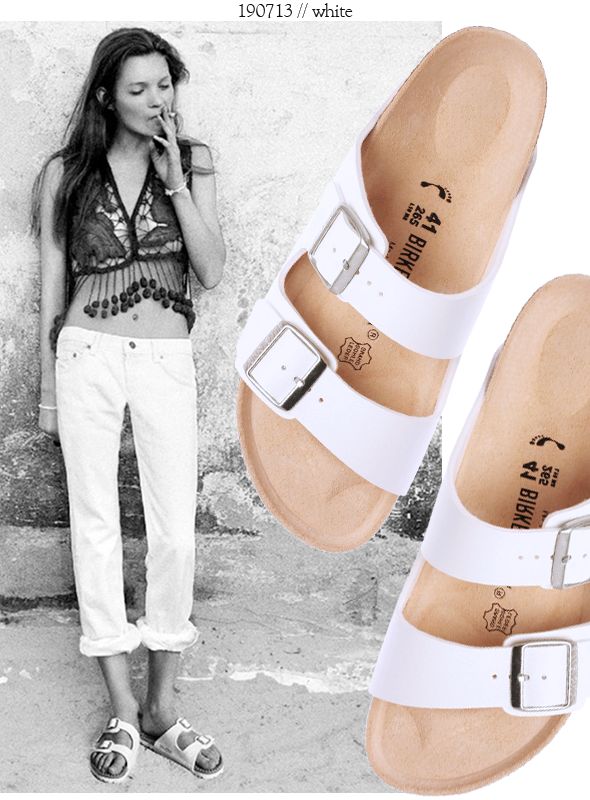
- Popularity Breeds Knock-Offs
If a product is successful, competitors will try to copy it. It’s inevitable. Birkenstock, like many brands before it, faced an explosion of dupes as their popularity soared. But without copyright protection, their only weapon is trademark enforcement and brand reputation.
✅ Lesson for Businesses: If your product becomes mainstream, expect imitation. The challenge isn’t avoiding copycats—it’s making your brand so strong that customers still choose the original over a cheaper version.
- The Power of Perception: Art vs. Design
While Birkenstocks lost their fight for copyright, they have something arguably more powerful—cultural relevance. The brand has successfully positioned itself as an essential, recognizable product that stands for comfort, style, and heritage.
✅ Lesson for Businesses: Focus on creating a brand that feels bigger than the product itself. Apple, Supreme, and Tesla have mastered this—people don’t just buy their products, they buy into the brand identity.
- Iconic Branding Can Outlast Legal Protection
Luxury brands like Chanel, Rolex, and Hermès thrive despite constant knock-offs. Why? Because they’ve built a legacy of authenticity. People want the real thing, not just the lookalike.
✅ Lesson for Businesses: Instead of relying solely on legal protection, businesses should invest in branding, storytelling, and exclusivity to maintain market dominance.
How Can Businesses Protect Their Brands Without Copyright?
The Birkenstock ruling is a wake-up call for brands that rely too much on legal protection. Here’s how businesses can safeguard their success:
Build a cult-like community – Apple, Patagonia, and Harley-Davidson have fanbases that are loyal no matter what.
Leverage storytelling – Make your product a lifestyle, a movement, a symbol.
Innovate constantly – Don’t let competitors catch up. Always improve and evolve your product.
Master the customer experience – If your product isn’t just good but feels amazing to own and use, people will always choose the original over the dupe.
Protect trademarks, not just designs – Your brand name, logo, and slogans can still be protected even if the design itself isn’t.
Final Thoughts: Is It a Loss or a Win?
Did Birkenstock really lose here? Sure, they can’t copyright their sandals, but they’ve already cemented themselves as a global icon.
This court ruling doesn’t change the fact that people recognize—and choose—Birkenstocks over their imitators.
For businesses, this is a reminder: The real power isn’t in legal protection. It’s in the brand you build.
If you want to future-proof your business, stop thinking only about patents and copyright—start thinking about CULTURE.
